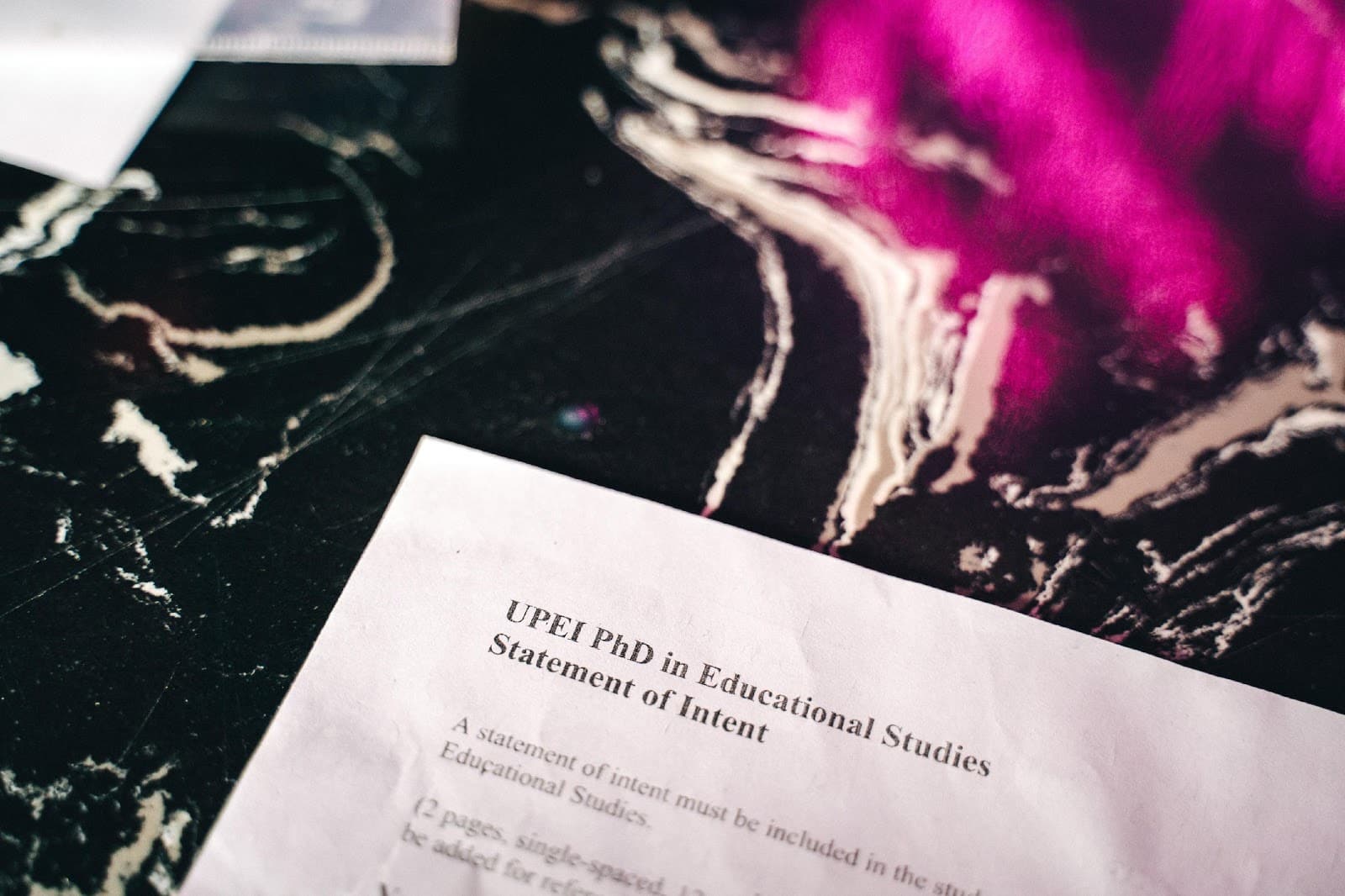Applying to grad school mirrors undergrad applications in many ways. You’ll need your test scores, transcripts from your undergraduate degree, and to write a personal statement. But what is a grad school personal statement? And what makes a great one? Let’s have a look and find out.
What is a grad school personal statement? Is it like a college essay?
A grad school personal statement is similar to a college admissions essay in many ways, but it’s not the same. Essentially, it’s a short essay introducing yourself to your prospective graduate program. As with college essays, this is the ideal opportunity to show off aspects of your personality and experiences that may not be obvious from looking at your records.
However, given that at least four years will have passed since you wrote your college essay, you’ll have a lot more to say—more experiences, from personal, academic, and professional perspectives, and a more developed outlook on yourself and how you want your academic career to progress. This can be a good thing, but also a challenge. Writing a grad school personal statement can force you to “pick and choose” from your most important experiences, for the sake of keeping the statement clear and within the word limit.
Also important to note, a grad school personal statement is not the same as a “statement of purpose,” which many graduate school applications also ask for. A statement of purpose is less personal and more structured, the focus being on your motivations for studying in this graduate program, and how you intend to accomplish your academic goals if admitted. Statements of purpose are common in programs with a strong research focus, like PhDs, where your individual ideas for what you’ll be getting from the program are just as important as what the school has outlined for you.
What should I include in my personal statement?
That’s a very personal decision! Your personal statement should have a strong narrative to it—how you arrived at your current point, applying to grad school. Only you know this story, so it’s up to you to tell it. Were you influenced most by personal experiences with family and friends? Or previous academic work in undergrad? Perhaps extracurricular activities or professional experiences? Orr some combination thereof? Remember, unlike with your college essay, your grad school admissions officers are expecting someone who knows exactly what they want to study and why. This should be reflected in your personal statement.
It’s also important to keep your personal statement relatively concise. While you were undoubtedly influenced by a wide variety of things, keep specific anecdotes and examples down to one or two that you tell well, rather than a scattered selection of less detailed recollections.

How do I know if my personal statement is any good?
As with any essay, it’s vitally important that you proofread it. Your own two eyes can be fantastic editors in themselves! Don’t just look for spelling and grammar errors, although catching these is important. Also read for content and flow, and ask yourself how you’d feel about the piece if a stranger handed it to you. You can also find grad school personal statement examples online to see if your template looks similar.
Getting some outside advice can also be valuable. The professors writing your letters of recommendation can be great sources of feedback, as can any current grad students. Also, consider bringing in some professional advice, like our team of consultants at A-List. It can only help to ask an expert! And remember, you’re applying to grad school for a reason. Spell that reason out in your personal statement, and it’s sure to shine!
Contact us today for additional guidance on your grad school application!

